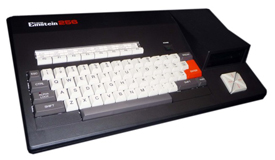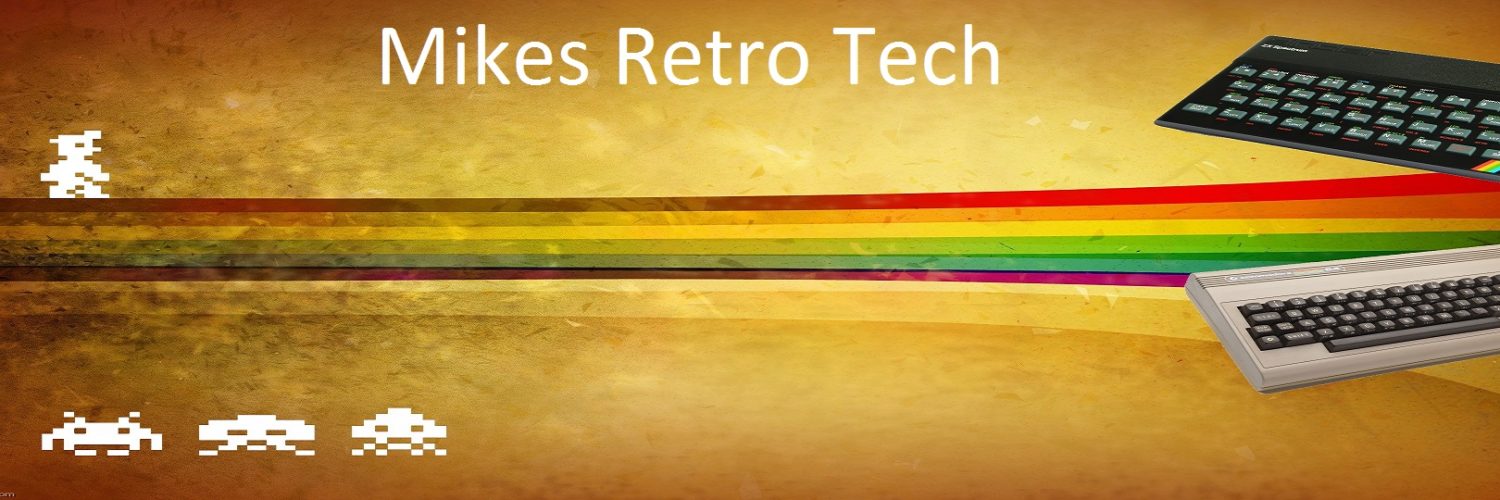Tatung Einstein – A ‘brief’ history – There is not really much available online about it’s life in the 80s!
The text below is taken from various web sites related to the Einstein – I have trawled ‘The Way Back Machine’ for old cached web sites for information! (If its wrong … don’t blame me!)
The Einstein 256 (TCS-256) followed on from the TC01 and was very similar to the original, but with more memory, improved video and a slimmer black case.
Whilst the Einstein may have been technically impressive (and loved by programmers), its price (£499 for the TC01) and specification fell in the uncomfortable mid ground between home and business computers.
Although Tatung themselves wrote software for the machine and produced a dedicated user magazine, unfortunately, few third party software houses were interested in developing for it as its price was too much for the home computer market. Ironically, it was so popular with programmers that it was used by many software houses for programming, then porting the code to other more popular games computers such as the Spectrum, Amstrad and Commodore 64!
Equally unfortunate was that despite the standard ports, disk drives, RGB output and great keyboard, it lacked the power (and software support) for the growing business and education markets.
The excellent machine was stuck between a rock and a hard place.
The Einstein had a short life and was dropped by Tatung after they acquired the rights to produce IBM PC clones…

Most 8-bit games were written on Einsteins then ported across to Spectrum Amstrads BBC. The irony is that these were used to develop software for the C64 and Sinclair!!
There is a quote on another site speaking to the idea that at some time or other just about every game developer in the Northwest of England was using one of these to develop stuff for other computers, connecting up cables for the C64 and Amstrad, then readying software on those devices to make them receive the code as the target system. The Einstein contributed enormously to the UK game development industry.
